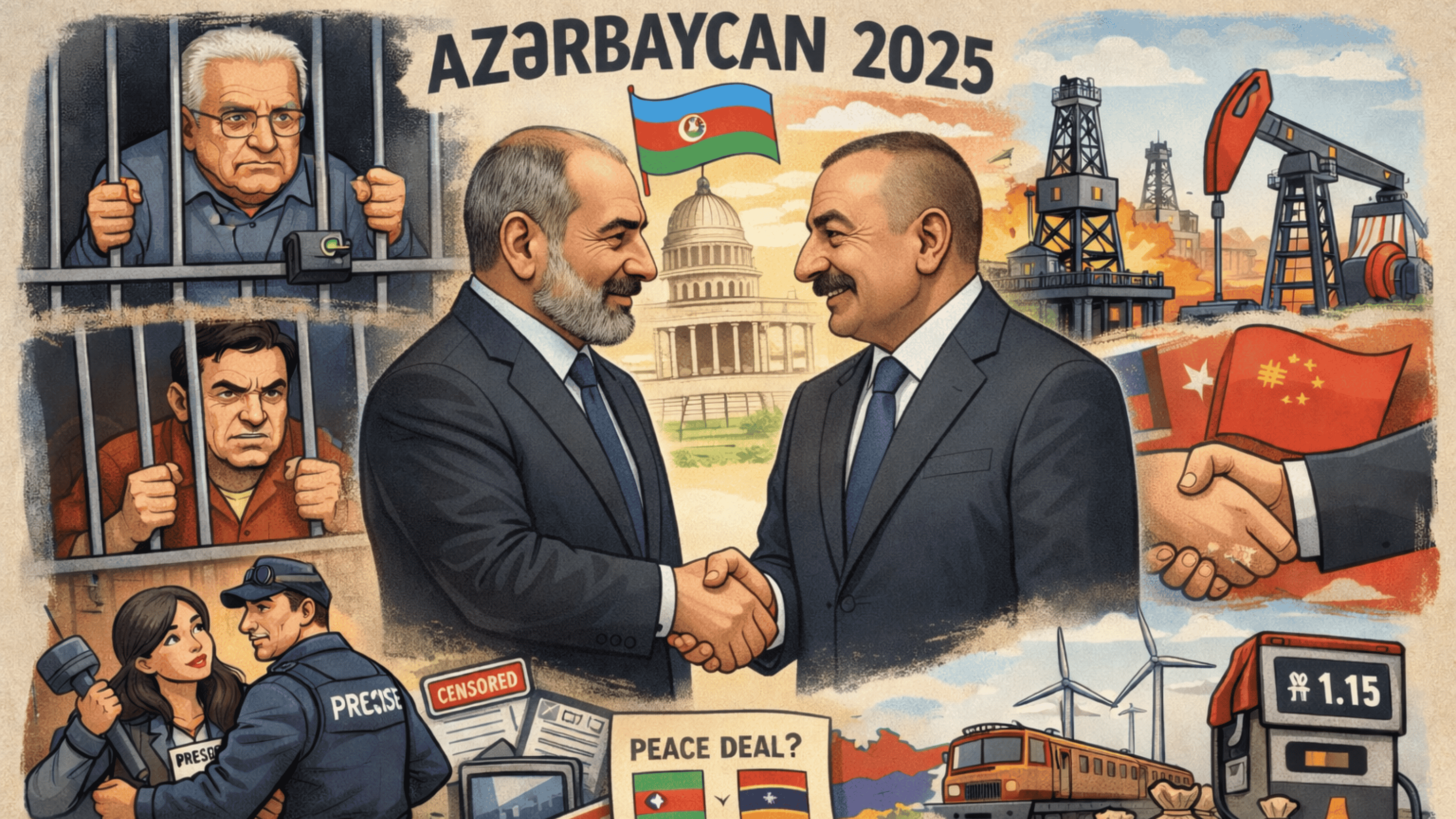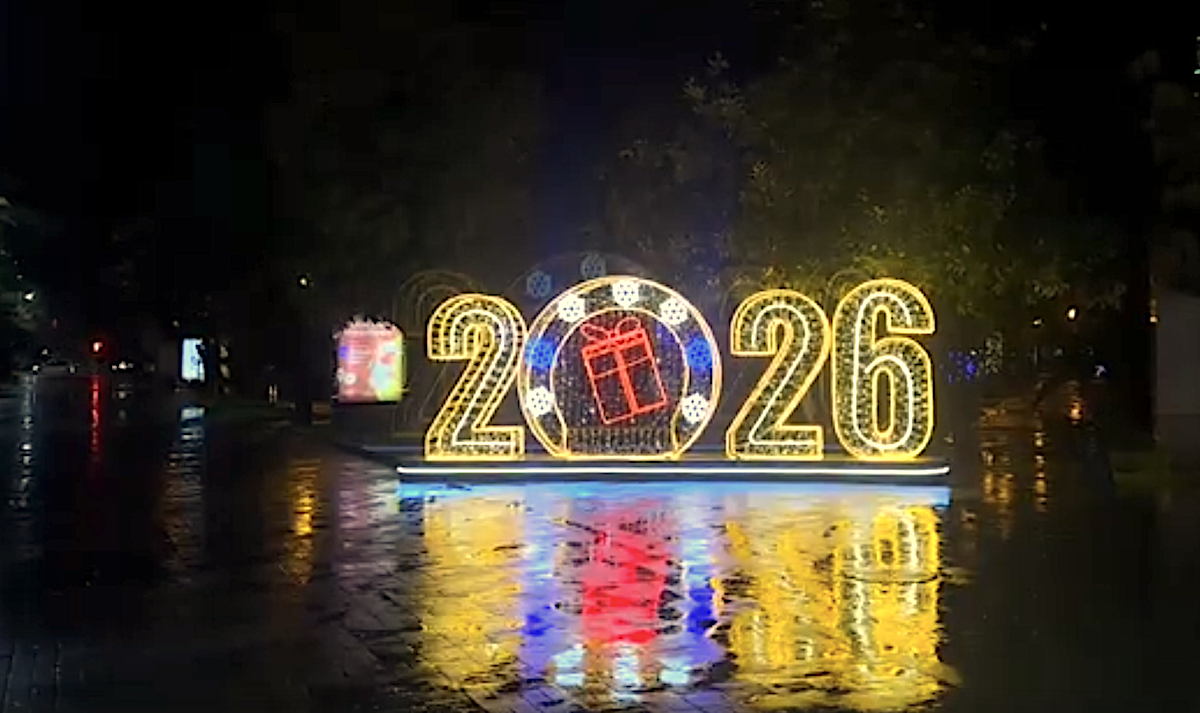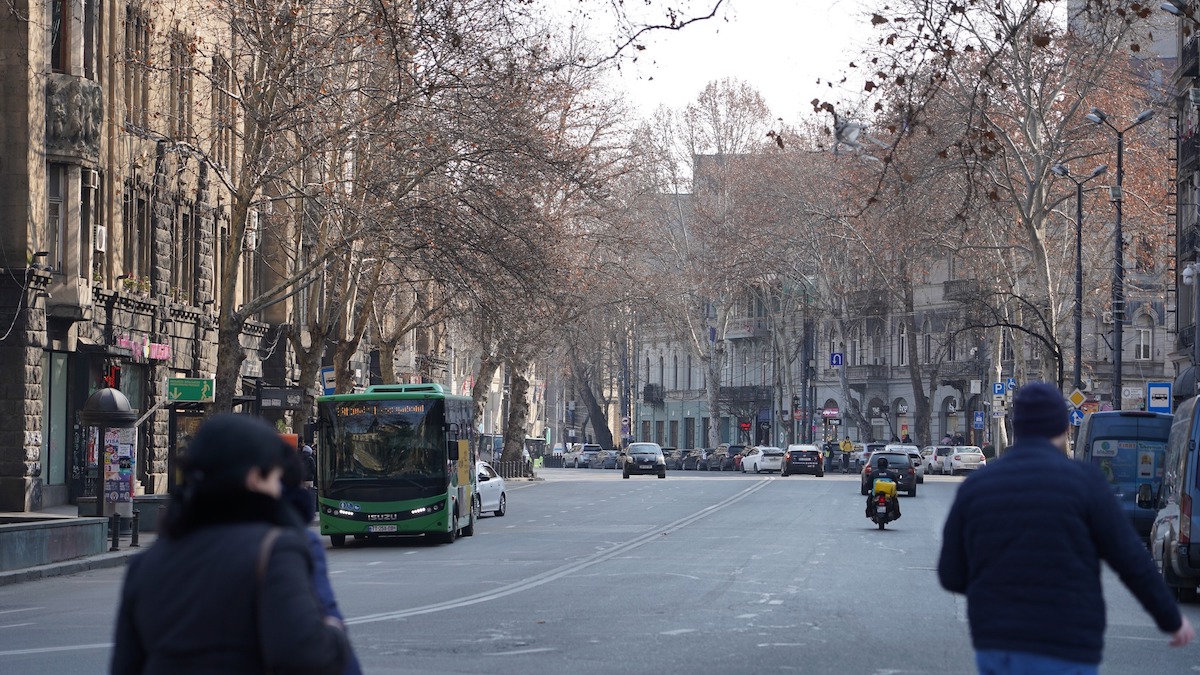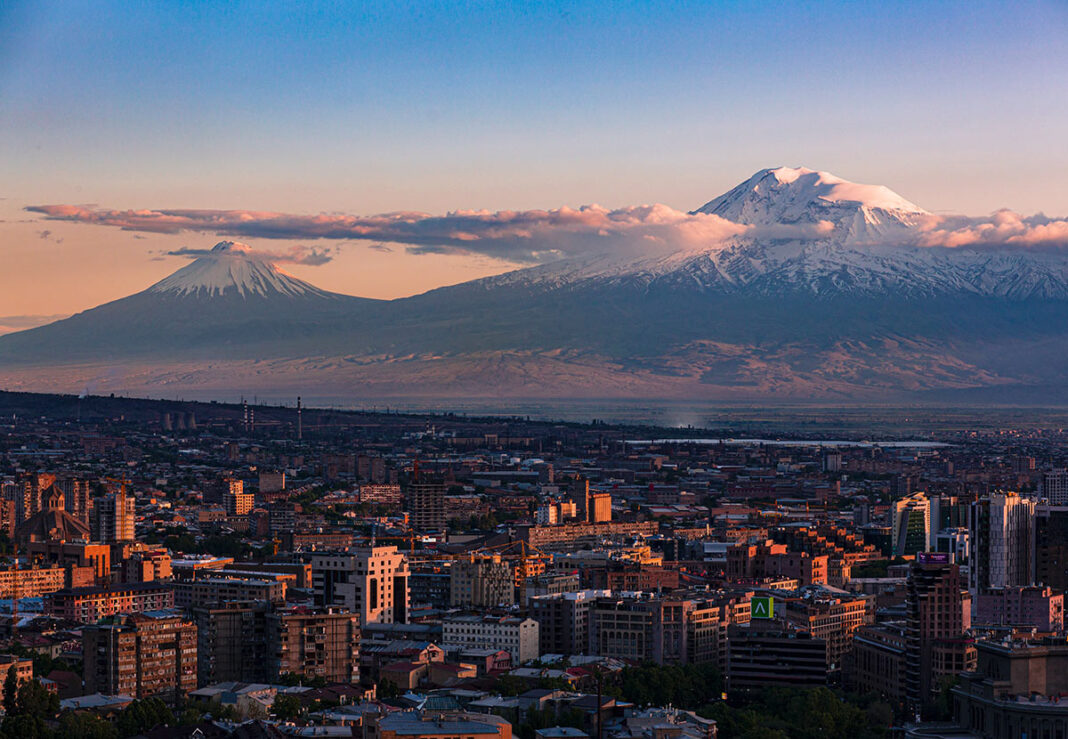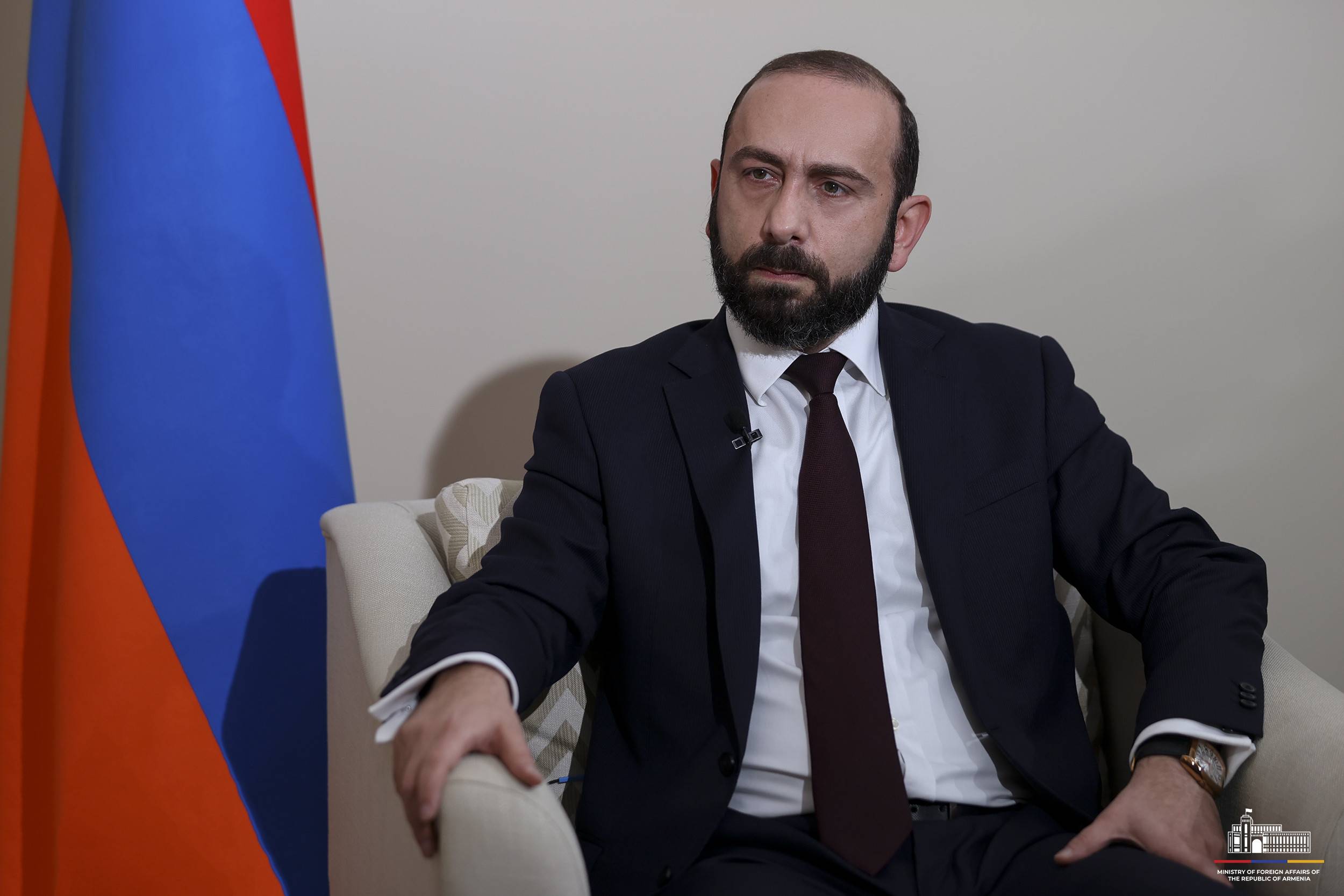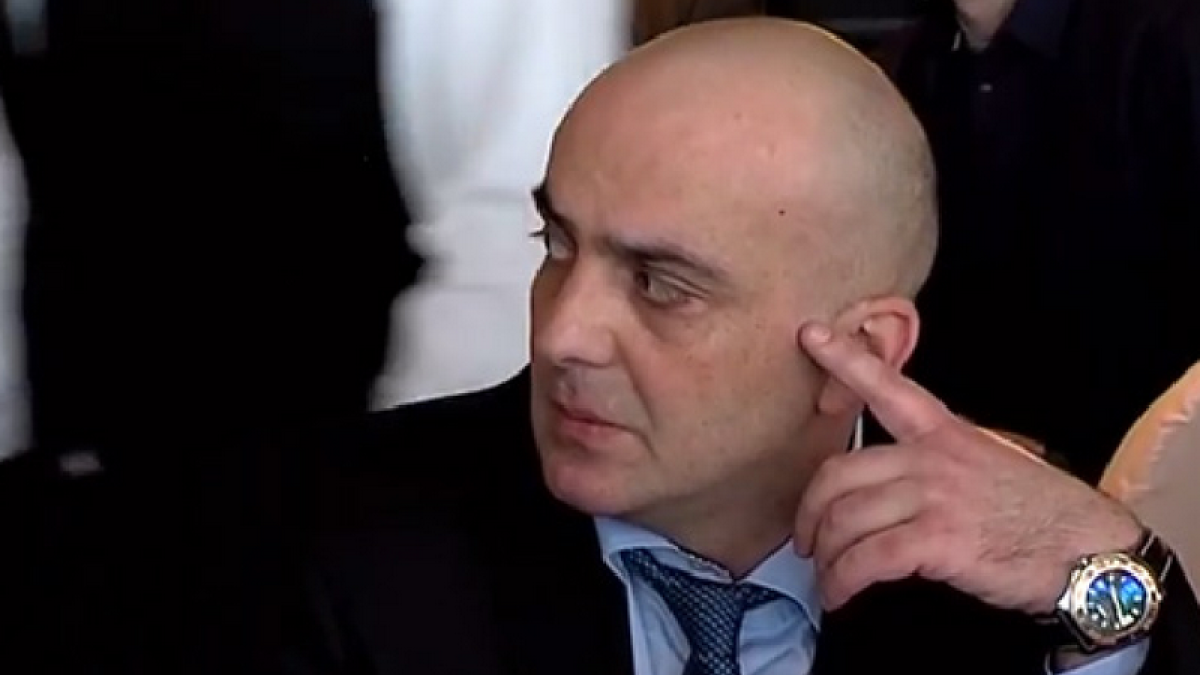"Nostalgia for the Soviet past" - Why the Abkhaz authorities go against society. Opinion
Abkhazia against ceding land to Russia
“The Abkhaz elite are nostalgic for their Soviet past, subconsciously want to go back and lead everyone else with it.” This is how blogger Dmitry Mushba explains the growing public protest in Abkhazia over the authorities’ decision to cede Russia the Pitsunda seaside estate and its 184 hectares of land.
Russian Ambassador to Abkhazia Mikhail Shurgalin put forward conditions that were taken to be threats in society. He warned that if it didn’t happen, the Russian military would leave Abkhazia, and all investment programs and payments would be stopped. In addition, Russia insists on giving Russians the right to buy land and real estate in Abkhazia.
Comment
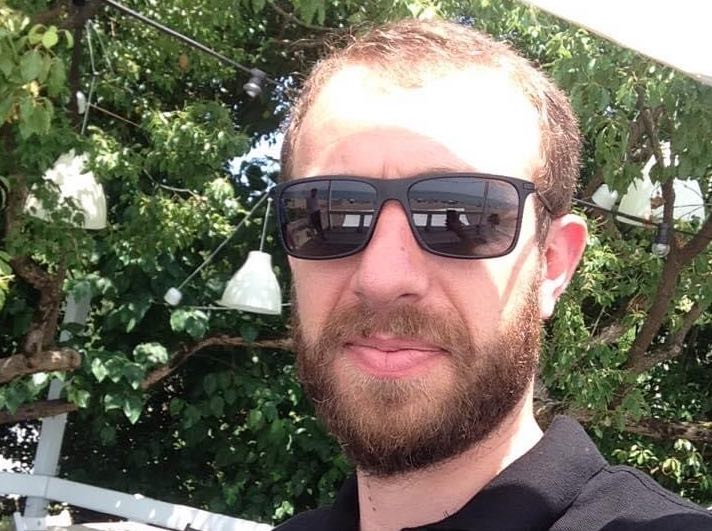
Blogger Dmitry Mushba.
“The authorities in Abkhazia time after time make decisions that are contrary to the long-term interests of the state and nation.
“This is a traditional psychological paradox of the Abkhaz political elite. And this is in an independent state, albeit with a weak economy, but with an established community and institutions.
“Independence is declared. But this is mysteriously accompanied by lobbying for laws whose very spirit is contrary to the constitution.
“How is this possible? There are several answers. One is obvious: laws and decisions are often made by pressure groups in their own interests, and specific people stand behind each decision.
“But there is another factor – a certain psychological dependence of the elite on their Soviet past and a subconscious desire to return it.
- Opinion: One should not vote hungry – analysis of Abkhazia’s parliamentary elections
- Moscow threatens Abkhazia; is normalization possible? Expert analysis, video
- Is Russian language discriminated against in Abkhazia? Op-ed
- Op-ed: Abkhazia is not South Ossetia – it will not join Russia
“After all, as you know – life was better then, people were kinder, the trees were big and shady, and the girls were more beautiful. We were young, is what they think.
“This explains why politicians are persistently trying to impose unreasonable decisions, the need for which is not understood by a large segment of the population. There are obvious arguments against it, and the citizenry stand behind that.
“This nostalgia for the Soviet past is a leitmotif in the speeches of Russian politicians and officials. And the Abkhazian elite recall the glorious Komsomol years over dinner amongst each other.
“That would be fine, but several generations have already grown up in Abkhazia, for whom the ‘pioneers’, Komsomol, Czech beer, Riga Balsam, and other cultural artefacts of the Soviet era mean absolutely nothing.
“Young people are used to living in their own country. And independence is the highest value for them, even if they don’t know a better life. Many of them grew up in single-parent families, without income, studied in dilapidated schools without electricity, but with the hope of a better life.
“Today life in Abkhazia has changed. Along with the era of capital accumulation, a conflict of values has arisen, often taking the form of intergenerational conflict.
“A significant part of young and middle-aged people in Abkhazia are not ready to sacrifice part of their sovereignty for the sake of material well-being.
“The generation of thirty-year-olds has experience surviving in difficult conditions. Unlike many of the older generation nostalgic about a happy and carefree past, they regard freedom and independence as the highest values.
“What can I say? Sorry, dear elders, but you brought us up like that.
“Regarding the psychology of elites, I will give one example. In Russia they recently said goodbye to Mikhail Gorbachev. The Russian media unanimously saw him off on his last journey as a weak-willed politician who surrendered the country for nothing, simply for the West having liked him.
“It is clear that these media broadcast the position of the authorities. It is clear that anyone, and a politician above all, wants to be loved and respected, invited to country residences and given other tokens of solicitude.
“The problems are at what cost, and how these decisions will be perceived by your compatriots in a decade. It seems to me that in this regard, the example of Gorbachev is very indicative.”
Terms, place names, opinions and ideas suggested by the author of the publication are her / his own and do not necessarily coincide with the opinions and ideas of JAMnews or its individual employees. JAMnews reserves the right to remove comments on posts that are deemed offensive, threatening, violent or otherwise ethically unacceptable.
Abkhazia doesn’t want to cede land to Russia










